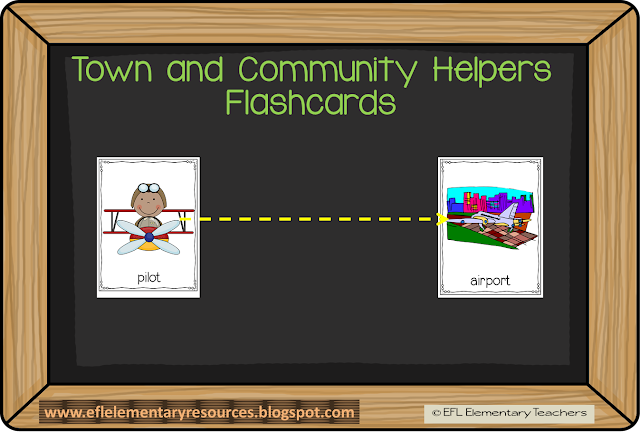Get everything here:
Let´s
start with the flashcards.
Distribute a Circus flashcard to each student. Have
the students name each Circus animal ,Circus character or food. Say the
category. Student: It´s the acrobat. Person.
Student: It´s the elephant. Animal
Have the students sort the flashcards into people and animals on the board.
Have
the students sort the Circus Flashcards
as in Person, place or things and introduce the concept of noun in English.
Students
can do their own sorting using the printables. Print as many as you need for
Person, place or thing. The templates can be used as cards. Have the students
sort them into person, place or thing.
Circus Verbs
Flashcards.
I had these lovely clown clip art and thought of Flashcards to play some games.
Circus verbs Book.
To review what the students learned with the flashcards. There are 28 pictures
of the clown and the sentence, it can be used as a game, but the students can
have fun matching and pasting the sentences to the pictures. Put them together
and make a class book to take home by turns and read to the parents.
Worksheet . I did this one for preschoolers but I like to do labeling with the worksheets, it is a way to extend the activity a little bit more.
Also included the Circus Popcorn Numbers 1–20 pack that features colorful, circus-themed flashcards and interactive games to help kids recognize numerals, read number words, and build one-to-one correspondence with quantities. It works well for whole-class lessons, small-group centres, or independent practice — perfect for math / number units in elementary ESL classrooms.Check the blog post: https://eflelementaryresources.blogspot.com/2025/07/this-resource-is-also-included-here.html
I've
gathered interactive games, worksheets, and creative ideas to teach English Language Learners!
📌
Follow my Pinterest board here:
https://www.pinterest.com/ei98srl
Save
time!






















































